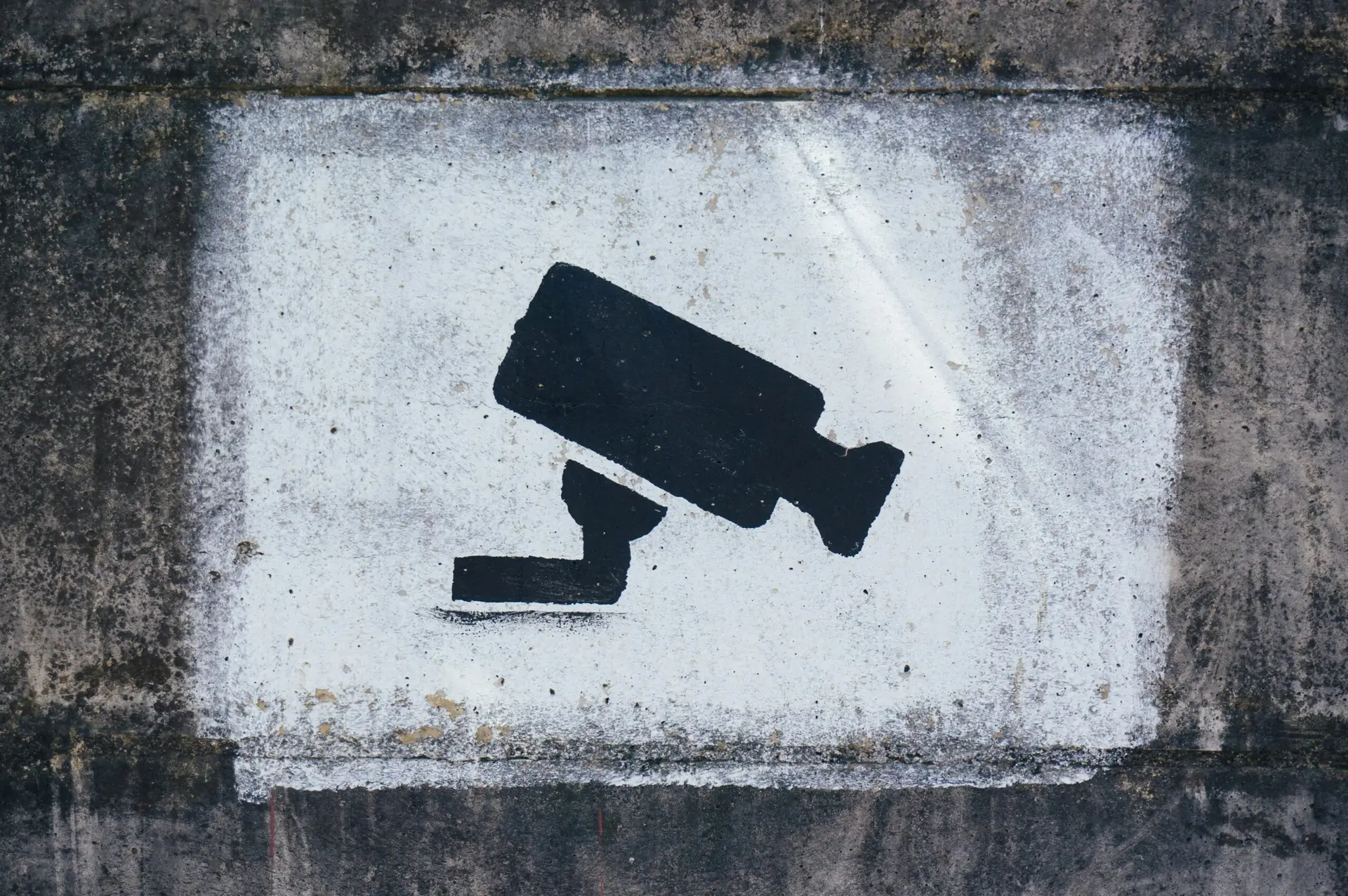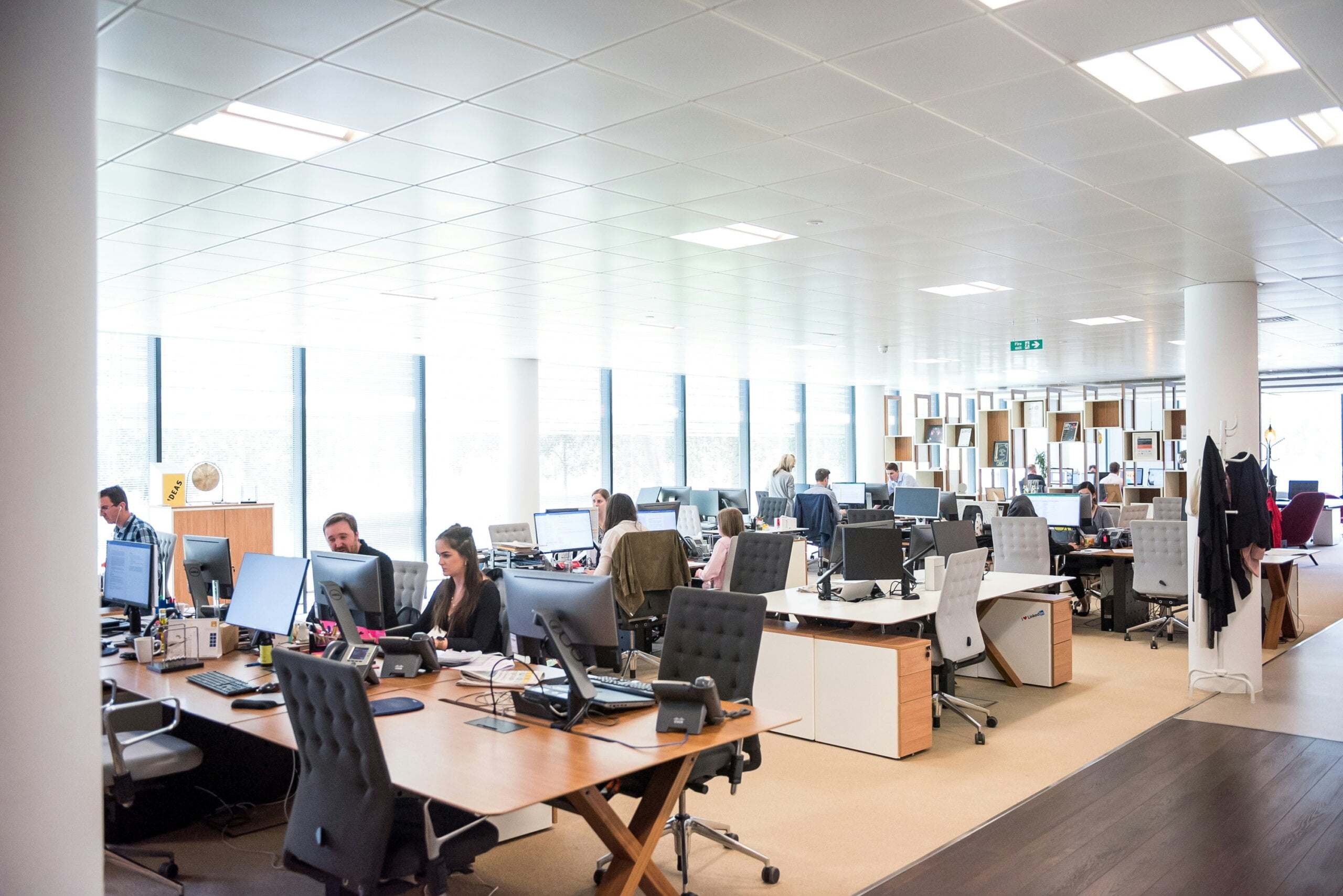
Introduction to Solar-powered and Surveillance Systems
Solar-powered cameras and surveillance systems represent an innovative fusion of renewable energy technology with advanced security solutions. These systems utilize solar panels to convert sunlight into electrical energy, which powers surveillance cameras and related equipment. The integration of solar energy with surveillance technology offers a sustainable and off-grid security solution that is both environmentally friendly and efficient.
At the core of these systems are photovoltaic (PV) panels, which harness solar energy and convert it into electricity. This electricity is stored in batteries to ensure continuous operation even during nighttime or cloudy days. The stored energy powers various components such as cameras, motion detectors, and data transmission devices. The cameras themselves can range from simple fixed models to advanced PTZ (pan-tilt-zoom) cameras, offering a comprehensive range of surveillance capabilities.
The benefits of solar-powered surveillance systems are manifold. Firstly, they provide a reliable security solution in remote or off-grid locations where traditional power sources are unavailable or unreliable. This makes them ideal for use in rural areas, construction sites, and large outdoor events. Secondly, they contribute to reducing the carbon footprint by utilizing renewable energy, aligning with global sustainability goals. Additionally, solar-powered systems can lead to significant cost savings over time by eliminating the need for extensive wiring and reducing electricity bills.
Moreover, advancements in solar technology have improved the efficiency and affordability of these systems, making them accessible to a broader range of users. Features such as wireless connectivity and cloud storage further enhance the functionality of solar-powered surveillance systems, enabling real-time monitoring and remote access to surveillance data. As a result, these systems not only enhance security but also promote environmental sustainability and operational efficiency.
Market Demand and Growth Potential
The market for solar cameras and surveillance systems has seen a significant surge in demand in recent years. This upward trend is largely driven by the increasing need for advanced security solutions across various sectors, including residential, commercial, and governmental. The rise in crime rates and the growing awareness of security threats have compelled individuals and organizations to invest in robust surveillance systems. Solar-powered cameras offer an eco-friendly and cost-effective alternative to traditional surveillance solutions, which has further fueled their adoption.
In the residential sector, homeowners are increasingly prioritizing the safety and security of their properties. The integration of solar technology with surveillance systems offers a sustainable solution that does not rely on the electric grid, making it particularly appealing for areas prone to power outages. Similarly, commercial establishments, such as retail stores, office buildings, and industrial facilities, are investing heavily in solar-powered surveillance systems to protect their assets and ensure the safety of employees and customers.
Governmental bodies are also recognizing the advantages of solar camera systems for public safety and infrastructure monitoring. From traffic management to remote area surveillance, the deployment of these systems is streamlining operations and enhancing security measures. The scalability and flexibility of solar-powered cameras make them ideal for a wide range of applications, including border security and disaster management.
According to recent market research, the global solar camera market is projected to grow at a compound annual growth rate (CAGR) of 15% from 2021 to 2028. This growth is attributed to the increasing adoption of renewable energy solutions and the rising demand for advanced security systems. Furthermore, technological advancements in camera sensors, battery efficiency, and connectivity are anticipated to drive the market forward. As the world continues to embrace sustainable practices, the market for solar cameras and surveillance systems is expected to flourish, presenting lucrative opportunities for businesses in this industry.
Environmental and Economic Benefits
The integration of solar-powered systems into the camera and surveillance business offers a compelling array of environmental and economic benefits. Firstly, the environmental sustainability of solar energy cannot be overstated. Traditional security systems often rely on electricity generated from fossil fuels, contributing to greenhouse gas emissions and environmental degradation. In contrast, solar cameras utilize renewable energy, significantly reducing carbon footprints. By harnessing the power of the sun, these systems operate with minimal environmental impact, promoting a greener and more sustainable future.
Economically, solar-powered surveillance systems present substantial cost savings. One of the most significant advantages is the reduction in electricity bills. Conventional security setups require continuous power, leading to high operational costs. Solar systems, however, draw energy directly from sunlight, thereby eliminating or drastically reducing electricity expenses. This makes them an attractive option for both residential and commercial users looking to cut costs in the long term.
Real-world examples highlight the efficacy of solar-powered surveillance systems. For instance, a case study involving a large retail chain demonstrated substantial savings. By switching to solar cameras across multiple locations, the company reported a 40% reduction in electricity costs within the first year. Additionally, another case study from a municipality showed that the installation of solar-powered cameras in public parks not only reduced energy consumption but also enhanced surveillance coverage without the need for extensive wiring and infrastructure.
Moreover, the maintenance costs associated with solar systems are generally lower. They have fewer moving parts and require less frequent servicing compared to traditional setups. Over time, these savings can accumulate, making solar-powered surveillance systems a financially prudent choice. The initial investment in solar technology is often offset by these long-term savings, rendering it a cost-effective solution.
Technological Advancements and Innovation
In recent years, the solar camera and surveillance system industry has witnessed significant technological advancements, making these systems more efficient and reliable than ever before. One of the key innovations has been the development of improved solar panels. Modern solar panels boast higher efficiency rates, allowing them to convert more sunlight into usable energy. This not only ensures that the surveillance systems remain operational even in low-light conditions but also reduces the dependency on traditional power sources, making them more sustainable.
Alongside advancements in solar panel technology, there have been notable improvements in battery storage solutions. Enhanced battery storage systems are now capable of storing more energy for extended periods, ensuring that solar cameras can function seamlessly through the night or during cloudy weather. This is particularly beneficial for surveillance systems in remote or off-grid locations where consistent power supply can be a challenge.
The integration of smart technologies like Artificial Intelligence (AI) and the Internet of Things (IoT) has further revolutionized the solar camera and surveillance industry. AI-powered cameras can now provide advanced features such as facial recognition, motion detection, and behavior analysis. These capabilities allow for more accurate and efficient monitoring, reducing the risk of false alarms and enhancing overall security.
Moreover, IoT integration enables these systems to communicate with other smart devices, creating a more cohesive and comprehensive security network. For instance, solar cameras can be linked to smart home systems, allowing users to monitor their properties remotely via smartphones or other connected devices. This level of connectivity not only enhances user convenience but also provides real-time data and alerts, improving the overall responsiveness of the surveillance system.
These technological advancements collectively contribute to the growing reliability and efficiency of solar cameras and surveillance systems. As a result, businesses and homeowners are increasingly adopting these innovative solutions to safeguard their properties, making the solar surveillance industry a promising and lucrative field for entrepreneurs.
Challenges and Solutions
Starting a solar camera and surveillance system business comes with its unique set of challenges. However, understanding these hurdles and implementing practical solutions can significantly increase the chances of success. One of the primary challenges is the initial setup cost. Solar cameras and surveillance systems require an upfront investment in quality equipment, which can be a substantial financial burden for new entrepreneurs. To mitigate this, businesses can explore financing options such as loans, grants, or leasing equipment to spread out the costs over time.
Another common challenge is maintenance. Solar-powered systems require regular upkeep to ensure optimal performance. This includes cleaning solar panels to maintain efficiency and periodically checking the camera and surveillance hardware for any signs of wear or damage. To address this, entrepreneurs can establish a maintenance routine and invest in durable, high-quality equipment that minimizes the need for frequent repairs. Additionally, offering maintenance services as part of the business can create a recurring revenue stream, helping to offset the costs of upkeep.
Weather dependency is also a significant concern for solar cameras and surveillance systems. Overcast or rainy days can reduce the efficiency of solar panels, potentially impacting the system’s reliability. To overcome this, it is crucial to incorporate energy storage solutions such as batteries that can store excess energy generated on sunny days for use during less favorable conditions. Strategically positioning solar panels to maximize sunlight exposure and using high-efficiency panels can also help mitigate weather-related issues.
In summary, while starting a solar camera and surveillance system business does present certain challenges, these can be effectively managed through strategic planning and the right solutions. By addressing initial setup costs with smart financing, implementing regular maintenance routines, and incorporating energy storage solutions, new entrepreneurs can navigate these obstacles and build a successful and sustainable business in this innovative industry.
Target Audience and Marketing Strategies
The primary target audience for solar camera systems includes homeowners, business owners, and public sector organizations. Homeowners are increasingly seeking sustainable and cost-effective solutions for home security, making solar camera systems an attractive option due to their low operational costs and environmental benefits. Business owners, especially those in retail, logistics, and property management, require reliable surveillance systems to protect their assets and ensure operational efficiency. Public sector organizations, such as municipalities and educational institutions, often need robust security solutions for public spaces, schools, and other facilities, making solar cameras a viable choice due to their scalability and minimal maintenance requirements.
Effective marketing strategies are crucial to reaching these diverse groups. Digital marketing remains one of the most potent tools, encompassing search engine optimization (SEO), social media marketing, and targeted online advertisements. SEO can help your business rank higher in search results, making it easier for potential customers to find you when searching for solar camera systems. Social media platforms like Facebook, LinkedIn, and Instagram can be used to showcase the benefits of your products through engaging content, customer testimonials, and informative videos. Targeted online advertisements allow you to focus your marketing efforts on specific demographics, ensuring the message reaches the most relevant audience.
Building partnerships is another effective strategy. Collaborating with local businesses, real estate agencies, and construction companies can open new avenues for promoting your solar camera systems. These partnerships can provide mutual benefits, such as co-marketing opportunities and referral incentives, which can help expand your customer base. Moreover, engaging with local community organizations and participating in community events can enhance your brand’s visibility and credibility. Sponsoring local events, offering educational workshops on the benefits of solar technology, and supporting community initiatives can foster positive relationships and build trust with potential customers.
By strategically targeting homeowners, business owners, and public sector organizations through digital marketing, partnerships, and community engagement, you can effectively promote your solar camera systems and drive business growth.
Steps to Start Your Solar Camera Business
Starting a solar camera and surveillance system business requires a strategic approach. The first critical step is conducting comprehensive market research. This involves analyzing the demand for solar-powered surveillance systems in various sectors such as residential, commercial, and industrial. Identifying your target market will allow you to tailor your services and products to meet specific needs, ensuring a competitive edge in the industry.
Once you’ve gathered sufficient market data, the next step is to develop a detailed business plan. A robust business plan should outline your business objectives, target market, competitive analysis, marketing strategy, and financial projections. This document serves as a roadmap for your business and is essential when approaching potential investors or financial institutions for funding. Securing the necessary capital is crucial for procuring inventory, setting up operations, and covering initial marketing expenses.
Obtaining the appropriate permits and licenses is another critical step in establishing your solar camera business. Regulatory requirements vary by location, so it is essential to check with local authorities to ensure compliance with all relevant laws and standards. This might include business registration, zoning permits, and industry-specific certifications.
Finding reliable suppliers is key to maintaining the quality and consistency of your products. Establish relationships with reputable manufacturers and distributors of solar panels, surveillance cameras, and other essential components. Building a reliable supply chain will help you meet customer demands and maintain high service standards.
Setting up your operations involves choosing a suitable location for your business and establishing the necessary infrastructure. This includes a physical office, warehouse, and possibly a retail space. Additionally, investing in a robust IT system to manage inventory, sales, and customer service will streamline your operations.
Lastly, hiring skilled and knowledgeable staff is vital to the success of your business. Look for individuals with expertise in solar technology, surveillance systems, and customer service. Providing ongoing training will ensure that your team remains up-to-date with the latest industry developments and best practices.












